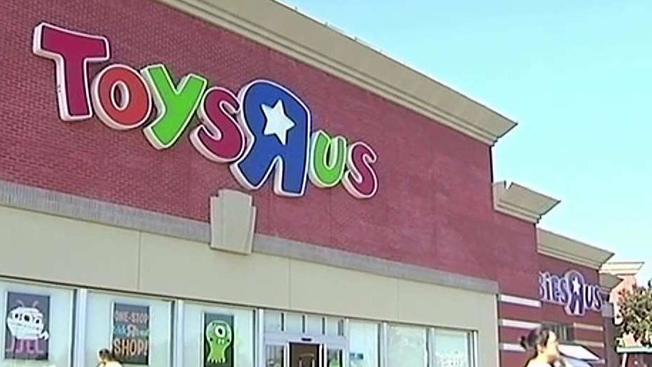
Any first-lien lenders that permit a borrower to obtain second-lien financing will try to ensure that their interests are primary to those of the second-lien lender should the borrower file for bankruptcy or default. The relative positions of first and second-lien lenders are typically described in intercreditor, or subordination, agreements that generally subordinate the rights of the second-lien lender regarding the collateral and payments from the borrower. These agreements often feature stipulations restricting the second-lien lender's rights in the event of borrower bankruptcy.
The bankruptcy-related provisions might state that the first-lien lender may vote the claims of the second lien lender against the borrower's assets to accept or reject the Chapter 11 plan of reorganization. Such a provision is intended to protect the primary position of the first-lien lender, making the second-lien lender a silent party to the plan-voting process. However, the limited case law interpreting this provision has shown that it is uncertain whether a court would conclude it is enforceable.
In one notable case, In re 203 N. LaSalle Street Ltd Partnership, the bankruptcy court concluded that the bankruptcy provision was unenforceable. The court noted that the Bankruptcy Code, rather than the language of the intercreditor agreement, "governs the determination of voting rights."
Despite the consent of the parties to allow the first-lien lender to vote the claim of the second-lien lender, the court found that "unless there is some basis for deviating from the plain language of the code, the second-lien lender should be allowed to vote its claim in the confirmation process." The court further concluded that the Bankruptcy Code provides no support for the enforcement of the provisions relating to the transfer of voting rights because the term "subordination" relates to the priority of claims in bankruptcy, not the transfer of voting rights.
The Federal Rules of Bankruptcy Procedure, the court noted, prohibited the first-lien lender from voting the claim of the second-lien lender, since the former could not be considered an agent of the latter lender as it would not be acting at its direction. Other courts, however, have found the bankruptcy provision in the intercreditor agreement to be enforceable. In one such case, In re Aerosol Packaging LLC, the bankruptcy court held that the first-lien lender was entitled to vote the claim of the second-lien lender to accept the borrower's plan of reorganization. The court found that while the Bankruptcy Code grants the holder of the claim the right to vote on the reorganization plan, the provision does not prohibit such holder from assigning the right to vote to another party. The court also found that the second lien lender had presented no evidence that the agreement was unenforceable under state law. The Bankruptcy Code supported the enforcement because it says subordination agreements are enforceable in bankruptcy "to the same extent that such agreement is enforceable under non-bankruptcy law." In addition, the court decided the Federal Rules of Bankruptcy Procedure permitted the first-lien lender to vote the claim of the second-lien lender as a "duly authorized agent," even though the first-lien lender voted in its own interests and not at the direction of the second-lien lender. Given that courts have reached different conclusions regarding the enforceability of the bankruptcy vote provisions in the intercreditor agreement, first-lien lenders should understand that it would not be prudent to rely on those provisions to protect their interests in the event of a bankruptcy filing by a borrower. Despite the express language of an agreement, a court may find provisions related to the transfer of the second-lien lender's right to vote its claim unenforceable, and as such, first-lien lenders need to consider these uncertainties when negotiating and drafting the terms of agreements with second-lien lenders.
GlobeSt.com News Hub is your link to relevant real estate and business stories from other local, regional and national publications.
© Touchpoint Markets, All Rights Reserved. Request academic re-use from www.copyright.com. All other uses, submit a request to [email protected]. For more inforrmation visit Asset & Logo Licensing.






